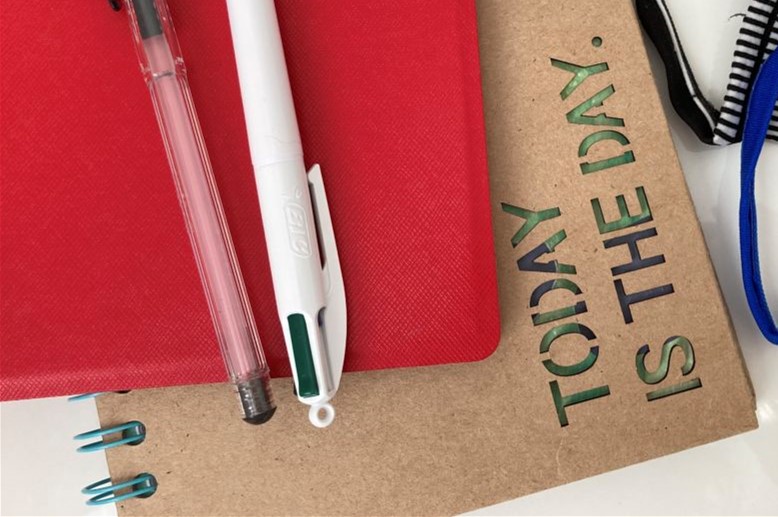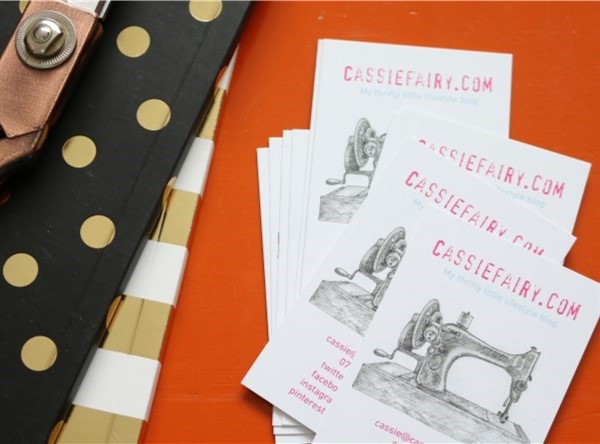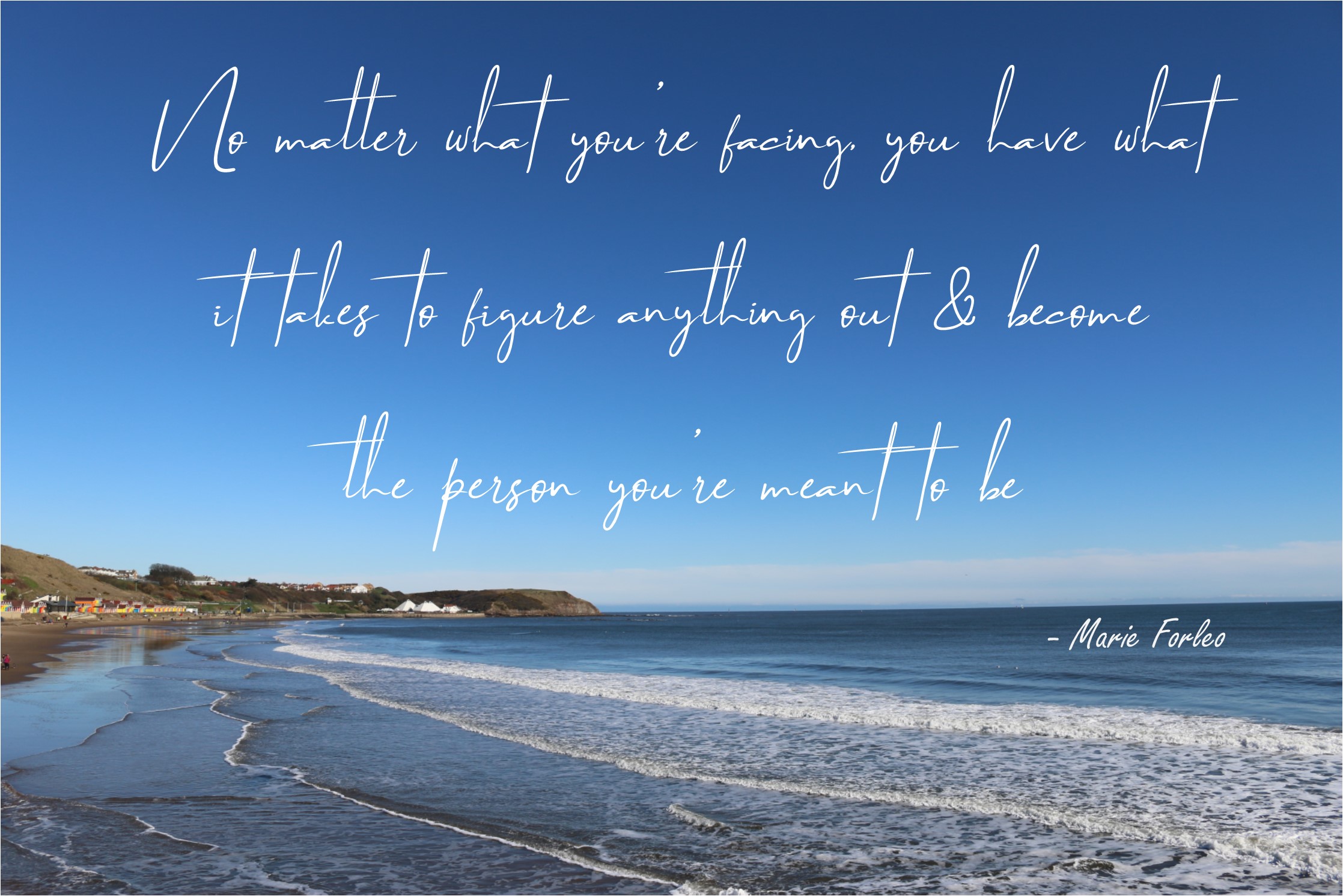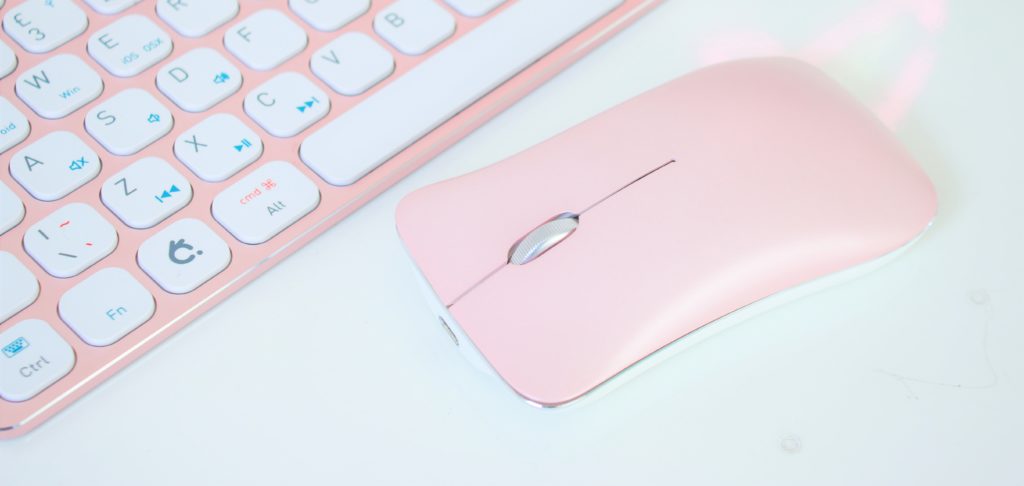
Making money online IS possible, even with so many other influencers out there. As long as you have an engaged audience you can utilise your platform in some way – it could be through sharing your experiences, teaching others or you could even utilise your account to speak about important topics. Here are just a few ways you could try to make some money as a blogger, vlogger or influencer to help you keep your content flowing.
Paid and gifted opportunities
You may have seen #ad and #gifted disclaimers popping up all over your Instagram feed, or you might have noticed that your favourite YouTube videos have an ‘includes paid promotion’ label on the screen. That’s because many bloggers, bloggers and influencers have grown their following to such a size that they are being approached by brands to share details of their business.
Heck, even this very blog post is a collaboration between myself and Intellifluence, a platform where you can find opportunities to work with brands via your Instagram account. I haven’t yet done any paid promotion on my @Cassiefairy Instagram but I’ve heard from others that it’s possible to be paid a fee to share a specific post/image that promotes a brand, or to be gifted products to review – which ultimately saves you money on buying them.
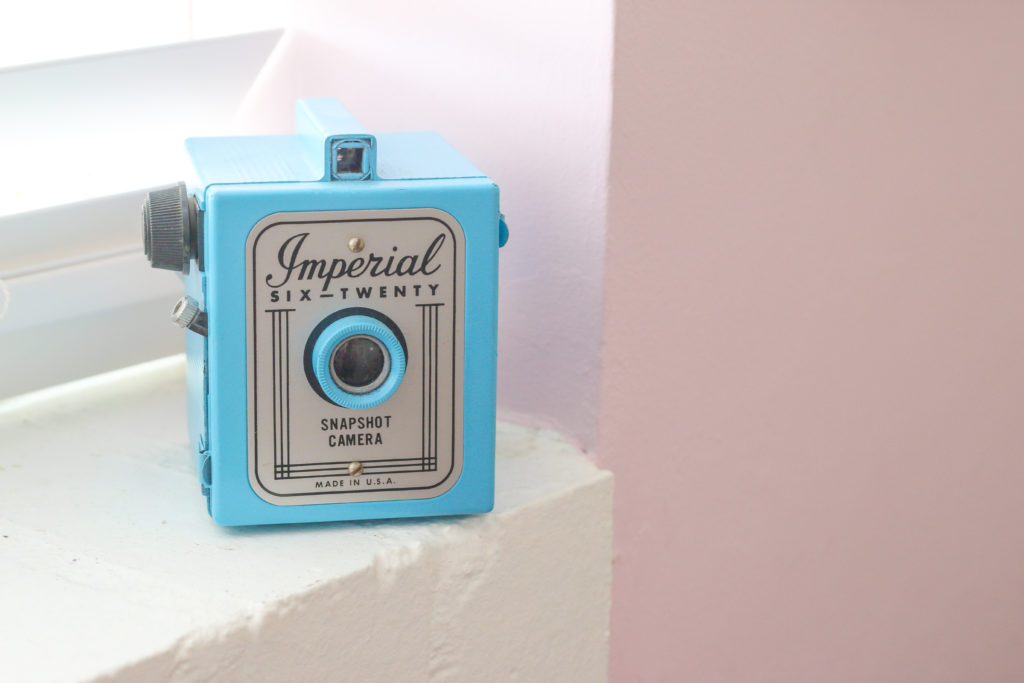
Grid posts, IG stories, reels, TikToks, YouTube videos and blog posts are all places where you can share details of a product or business and, often, the company will be happy to gift you an item or pay you for your time creating the content for them. You just need to stay on the right side of the algorithm for whatever platform you’re using.
Correctly disclose any brand partnerships – I think there’s a way of linking your accounts on Instagram when you’re working with a business – and beware of trying to cut corners with your content or growing your followers inorganically. Artificial intelligence is being used in influencer marketing to determine the influencer’s performance and can pick up on bogus engagements or even assess whether your language patterns would suit the brand’s image.
So just “be yourself” and only do what you’re happy with – that way, any partnerships you do take on will be successful, as the brand will get what they expect based on your existing content and you will have better, authentic interactions with your audience that way.
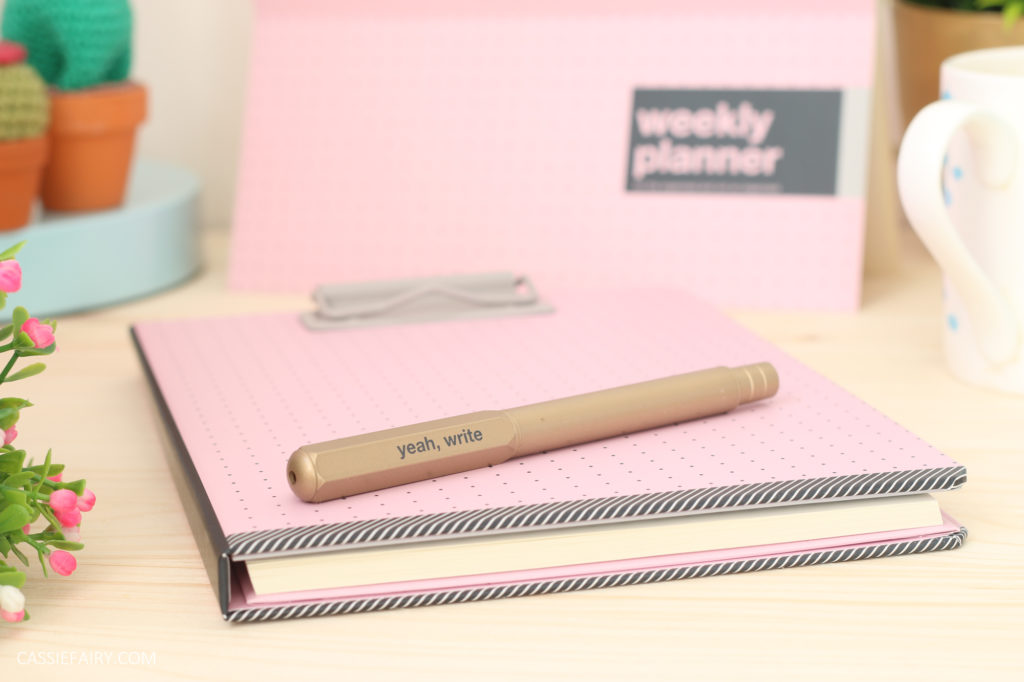
Write a book or course
If you’re well-known for a particular topic, why not share your knowledge in that area with your followers by writing a book, just like ‘The Father of Afformations’ influencer Noah St. John has. It can be a self-published ebook via Amazon or, if you’ve got a very large following, a publishing house may wish to tap into your audience and commission you to write and promote a physical book.
If your skills are more practical, you can always share these with your followers via interactive workshops (in-person or online) or run a self-study course that participants can work through in their own time. You can charge a fee to your followers for attending your one-off sessions or you could sell the course through your newsletter list.
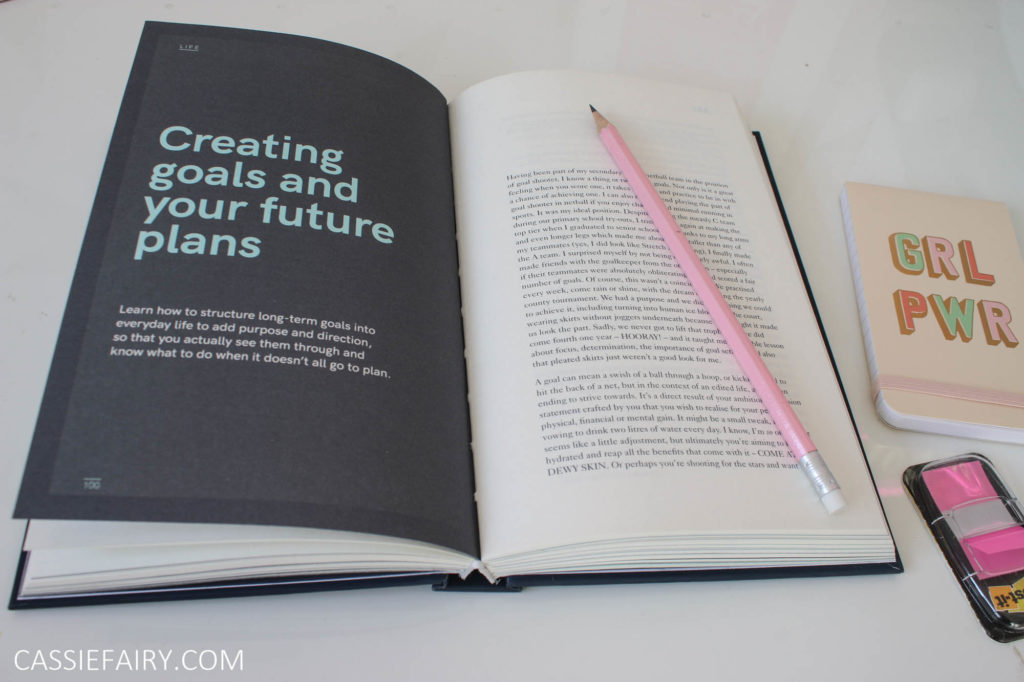
Become an affiliate
If you’ve ever spotted a list of URLs of “products used” in the description of a YouTube video, it’s possible that those are affiliate links. What that means is that the vlogger or influencer will get a small percentage of the sale price if you click through the link and go on to buy the product for yourself.
There are SO many affiliate programs out there that, no matter what your niche is, it’s likely that you’ll be able to find a suitable business to collaborate with – beauty, fashion, DIY, kids, interiors, tech, sports – or basically absolutely anything you can find on Amazon!
It’s not just about making money – as often I’m asked in my blog comments where I got a certain product, so it makes it quicker and easier for my readers to be able to click straight through to the retailer from my content. That said, I rarely think to share affiliate links, unless I’m writing a product-specific gift guide, for example.
The returns on sharing affiliate links are really rather small, possibly only a few pence per sale – but it all adds up eventually. There will probably be a payout limit so you’ll only get the money sent to your account once you’ve accrued a large enough sum – possibly over the course of a year. So then it’ll feel like a bit of a windfall for not much effort. Again, be sure to disclose affiliate links in your content to stay transparent.
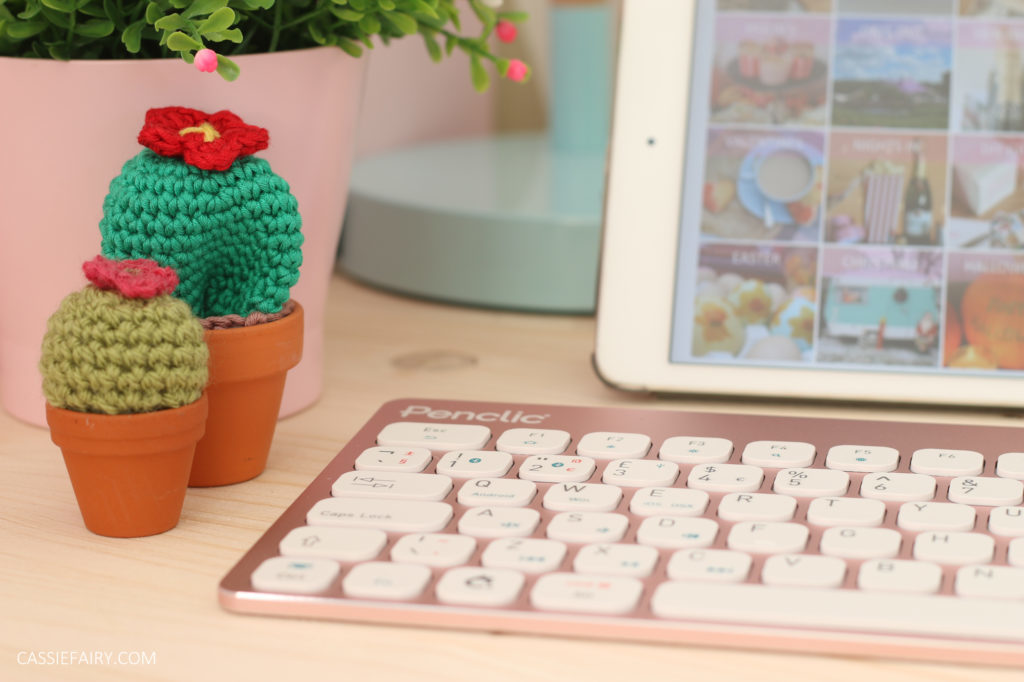
Monetise your YouTube channel
If you have a large enough following and plenty of watch hours, you can set up your YouTube channel to show adverts. Check the current guidelines to see how many watchers you need before you can monetize your channel. If you’re already at that level, you can add advertising before and after your videos and, if your content is long enough, you can also include in-video banner ads too.
Again, the returns from running adverts on your YouTube channel are small (I don’t personally do it on my Cassiefairy YouTube channel at the moment) so you may have to wait a full year before you’ve accrued enough for a payout. However, if you get a viral hit, you can make that money in a matter of weeks and get paid more regularly.
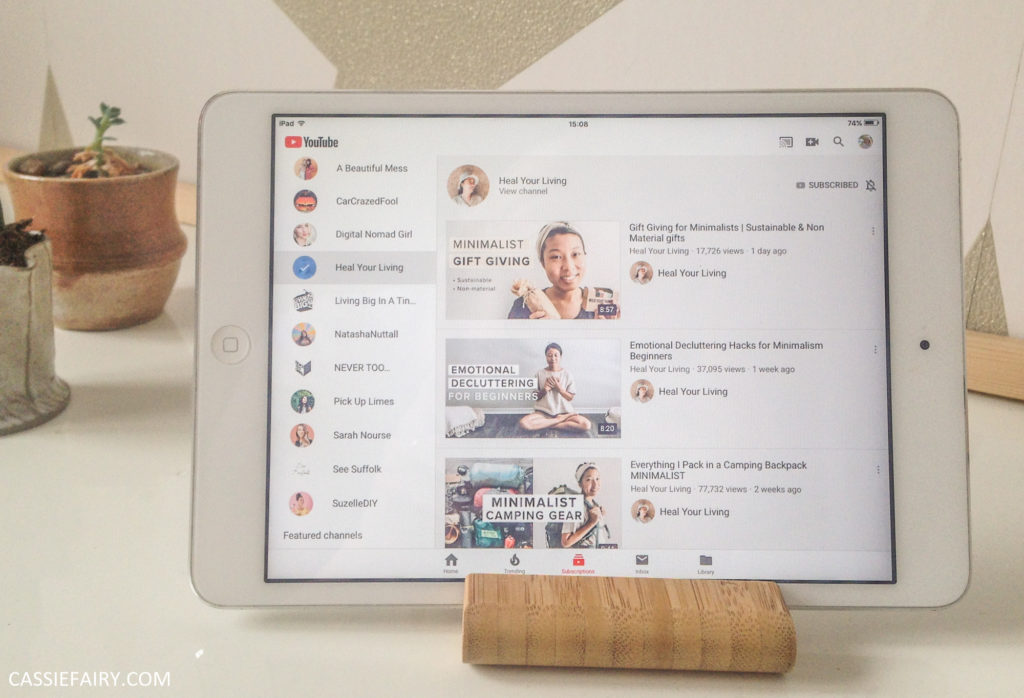
Be sponsored by your supporters
Rather than traditional advertising, I see more and more influencers, bloggers and vloggers being supported by their own audience through Patreon, Ko-Fi or a similar donation/subscription service. By asking your followers for a donation, it can help to keep your content ad-free so they won’t have to watch non-skippable ads attached to your YouTube videos.
Plus, if your loyal audience is up for subscribing to your private channel or podcast, this can actually pay you to continue working on creating new and exclusive content that you’ve made just for your special supporters.

I hope you might consider trying out some of these ideas yourself and perhaps make a little extra money to keep your blog, vlog or social profiles ticking over nicely. Let me know if you know of any other ways to monetise your platforms in the comments below – there’s so much more I don’t know about TikTok and podcasts etc so any info in these areas would be a great help!
Pin it for later
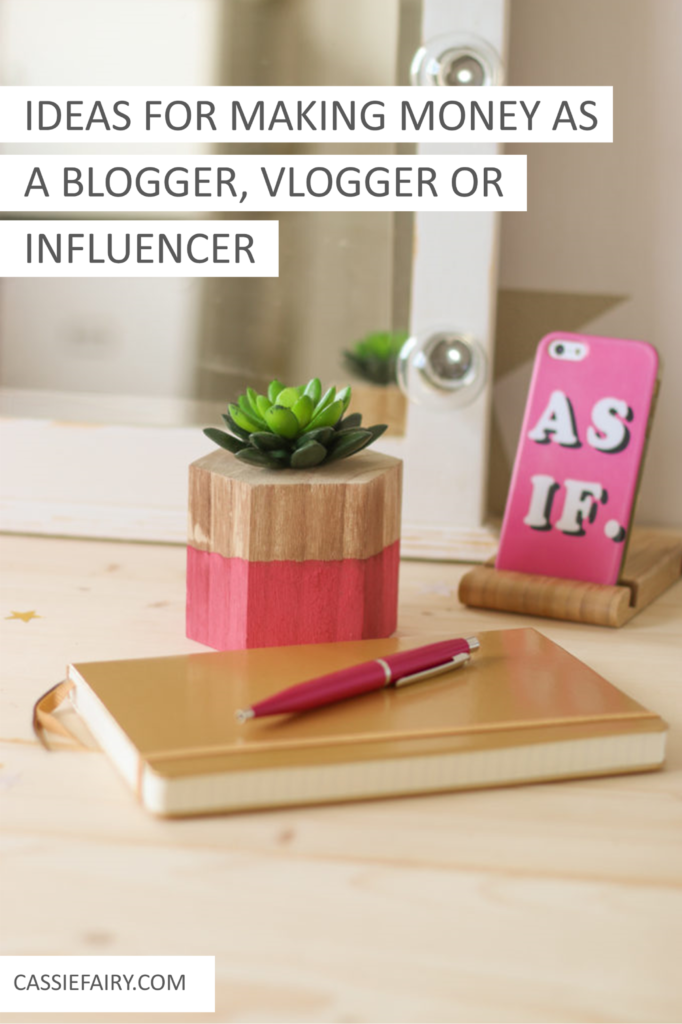
This article is a sponsored collaboration. The pink links in the content indicate a sponsored link or information source. The blog post reflects my own experience and the sponsor hasn’t had any control over my content 🙂


















